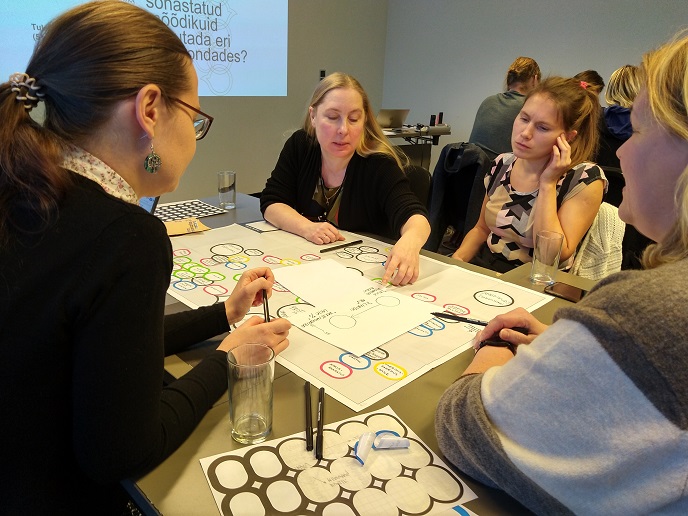Read all about it: a toolkit for quality science communication
Digital media has opened up a multidirectional information flow in science communication. Citizens have more access to science, from increasingly diverse sources. This connectivity could elicit higher levels of engagement between science and society. But it also poses risks in terms of the quality of the information being shared. Against this backdrop, the EU-funded QUEST (QUality and Effectiveness in Science and Technology communication) project investigated quality across the whole science communication ecosystem – from scientists and (R&I) stakeholders, through traditional journalism, social media and in museums, to engagement with policymakers and citizens. QUEST focused on three areas: climate change, vaccines and artificial intelligence. The ultimate goal was to offer citizens more effective and reliable communication on scientific topics that generally have a significant impact on their daily lives. “This means supporting scientists in dealing with the complexity and uncertainty of science when communicating directly with the general public,” explains Alessandra Fornetti, executive director of the TEN Program on Sustainability at Venice International University in Italy. “It also means supporting the effective engagement of citizens in scientific debate,” she says.
Creating the QUEST community
QUEST partners initially started with desk research, supported by interviews. The team then held a series of workshops and focus groups with science communication stakeholders. This included invited professionals from scientific institutions such as CERN, and media practitioners from the BBC and science journalist associations. This work led to a series of reports on the theory and practice of science communication in Europe. The project also developed a curriculum on science journalism as well as policy recommendations for quality science journalism. These findings, together with the results from the co-design activities, fed into a series of co-created toolkits to help scientists, journalists, museum facilitators and social media managers better communicate science.
Co-developing science communication toolkits
The toolkits were based on 12 indicators of quality in science journalism, including values based on trustworthiness, presentation and style, and connection with society. They provide KPIs for measuring and assessing the quality of science communication, something which did not exist before. One particularly popular co-created toolkit was a checklist for scientists, with lessons to help them craft and fine-tune their message, and effectively deliver it to the public. Others included a handbook on academic writing for museum curators, a checklist for science communicators navigating the world of social media, and explainers and suggestions covering scientific and statistical concepts for journalists. “QUEST research, with its outputs and publications, has significantly contributed to the academic, interdisciplinary debate on current science communication in Europe,” says Fornetti.
Sharing best practices around the world
The QUEST team also created a podcast to discuss their findings, with six episodes covering a variety of scientific topics. “Each of us, as a citizen, has the opportunity to listen to science researchers and science communicators – mostly female – confront the current challenges of science and science communication itself,” Fornetti remarks. They created an online network to share their findings, including a project website to host the materials, QUEST newsletters with over 400 subscribers, and social media presence with more than 2 300 followers. “We are proud of the interest that the project continues to attract, especially in the toolkits, from institutions, stakeholders and countries that were not part of the project,” adds Fornetti. “They include countries also from outside Europe, especially in Africa.” The QUEST project outputs will form part of the new European Competence Centre for Science Communication, as part of the upcoming EU-funded COALESCE project.
Keywords
QUEST, science communication, toolkits, research, climate change, artificial intelligence, vaccines, quality



